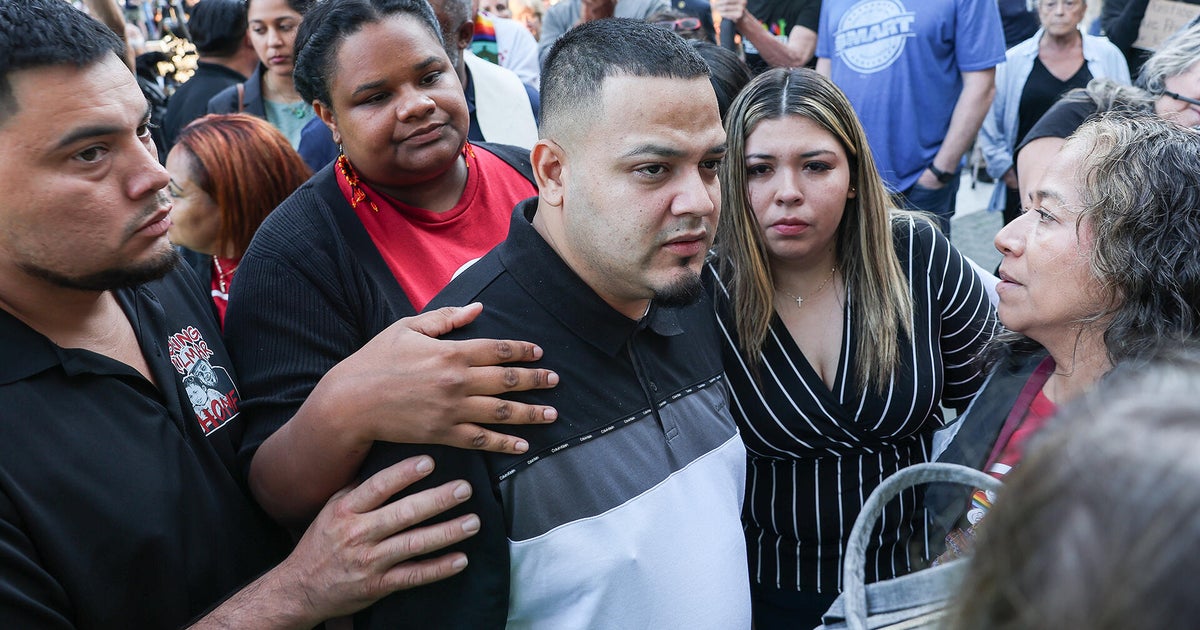In an unfolding legal saga that has gripped national attention, Kilmar Abrego Garcia, whose migration status and alleged criminal activities have been sharply contested, is at the center of a contentious debate implicating top officials from the former Trump administration. Lawyers representing Abrego Garcia have raised serious concerns regarding prejudicial public commentary from high-ranking figures, including Secretary of Homeland Security Kristi Noem and Attorney General Pam Bondi. The legal motion, filed in a Nashville federal court, seeks to shield their client from what they describe as unwarranted verbal onslaughts that could infringe upon his right to a fair trial.
The series of events leading up to the current legal entanglements began unfavorably for Abrego Garcia. After being released from pre-trial detention, he was quickly apprehended by Immigration and Customs Enforcement (ICE), which processed him for possible deportation. This rapid sequence of detention and deportation proceedings has landed him back in the custody of ICE, though a Maryland judge has provisionally halted his deportation as the court reviews his case in further detail.
The gravity of the situation intensified when, according to Abrego Garcia’s legal team, federal officials embarked on a media campaign rife with severe accusations. Secretary Noem labeled him as an “MS-13 gang member, human trafficker, serial domestic abuser, and child predator,” claims that were compounded by Attorney General Bondi’s remarks likening him to “foreign terrorist organizations.” These public declarations, alongside a slew of similar statements disseminated through the Department of Homeland Security’s official social media accounts, form the basis of the lawyers’ plea to the court. They argue that such narratives not only jeopardize the integrity of the judicial process by potentially biasing prospective jurors but also deter potential defense witnesses who may fear becoming targets of governmental reproach themselves.
In the legal documents submitted, the defense beseeches the imposition of a restraining order against all Department of Justice (DOJ) and DHS personnel involved in this matter, pressing them to abstain from releasing statements that might prejudice the legal outcomes. The urgency of this motion is underscored by previous directives from U.S. District Judge Waverly Crenshaw, who had mandated adherence to local criminal court regulations designed to prevent prejudicial public disclosures in ongoing cases.
The DHS’s response to the filings has been one of stern rebuke. Officials maintain that if Abrego Garcia desired avoidance of high-profile mention, he should not have committed the alleged crimes post-illegal entry into the United States. The DHS official’s statement reflects a broader, critical view on the media’s portrayal of Abrego Garcia, condemning what they perceive as a distorted narrative that focuses on his challenges while negating the experiences of his alleged victims.
This legal confrontation comes amid Abrego Garcia’s lingering criminal prosecution regarding accusations of transporting undocumented immigrants across the U.S., which he denies, alongside his ongoing struggle against deportation. Initially deported to El Salvador under what was later admitted by federal officials as an “administrative error” due to risks of gang persecution, his re-entry into the U.S. was met with stark opposition. Administration officials were vociferous in their stance that despite the procedural oversight, his affiliations and actions justified exclusion from American society.
Having navigated a complex judicial path, Abrego Garcia was temporarily freed from detention in Tennessee pending his trial scheduled for January. However, this respite was short-lived as ICE detained him soon after, with notifications that he could face deportation to another country, possibly Uganda. This development came despite a protective jurisdictional order from Maryland-based U.S. District Judge Paula Xinis, who barred his deportation until a substantial review of his habeas corpus petition. Additionally, amidst these prosecutorial and immigration battles, Abrego Garcia’s attorneys have launched a motion to dismiss the charges against him, denouncing the prosecution as “vindictive and selective.”
As this multifaceted legal drama continues to unfold, the implications ripple out, touching on issues of immigration policy, administration of justice, and the deep divides in American socio-political landscape regarding human rights and law enforcement. With each judicial decision, media snippet, and public declaration, the story of Kilmar Abrego Garcia pieces together a contentious mosaic reflecting broader national debates and the fraught intersection of law, policy, and human experience.









